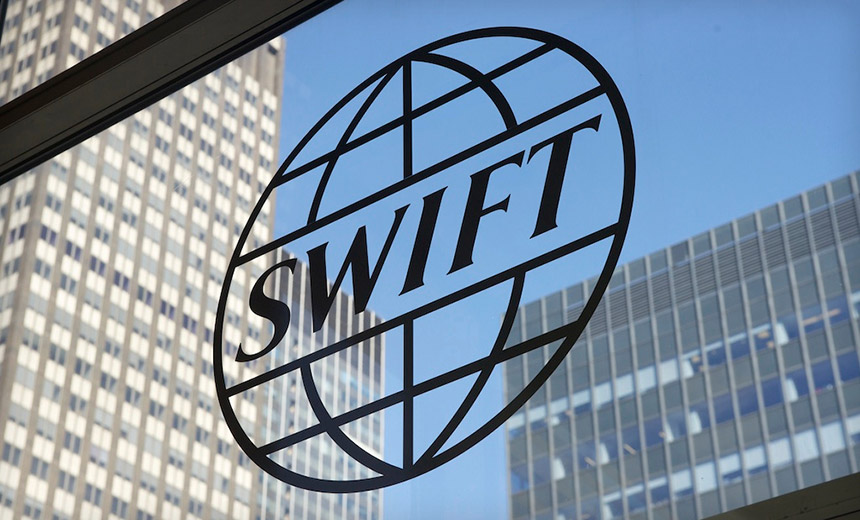The Central Bank of Brazil has taken a significant step towards the development of its central bank digital currency (CBDC) by starting testing on its pilot project.
This move is expected to foster an increased inclusion of individuals in the financial sector. According to Fabio Araujo, the coordinator of the CBDC project at the Brazilian central bank, the widespread use of the digital real is expected to happen in 2024 after the completion of the pilot. The testing phase will include individuals buying and selling federal bonds and subsequent evaluation.
The Brazilian CBDC will be a blockchain-based payment that supports retail transactions, backed by the customer’s deposits in their bank accounts.
In this way, banks will not be disintermediated, as they will exist within the CBDC matrix. This initiative is expected to democratize access to the market and offer new services, reducing the cost of credit and improving the return on investments.
Other countries are also conducting CBDC pilots. Japan’s apex bank is looking to begin experimenting with its CBDC project in April 2023, while India’s retail digital rupee pilot, which began in December 2022, has onboarded 50,000 users and 5,000 merchants.
However, in the United States, Representative Tom Emmer recently introduced a bill to stop the issuance of a digital dollar.
Meanwhile, in Thailand, the government is offering tax breaks for companies that issue digital tokens for investment purposes. The tax breaks include waiving corporate income tax and value-added tax (VAT) for these companies.
This move is expected to serve as an alternative means of raising capital for companies, in addition to existing traditional methods such as debentures.
The tax breaks could cost the Thai government 35 million baht ($1 billion), while the country could see investment token offerings worth 128 billion baht ($3.71 billion) over the next two years.
Thailand has been employing strict regulatory oversight in the crypto industry in recent times. The country’s Securities and Exchange Commission (SEC) banned crypto firms operating in Thailand from offering cryptocurrency staking and lending services.
Earlier in the same month, the Thai SEC launched stringent regulations for crypto advertising. Following the collapse of former crypto exchange giant FTX, Thailand’s regulatory watchdog said it would implement tougher crypto regulations to protect investors.



